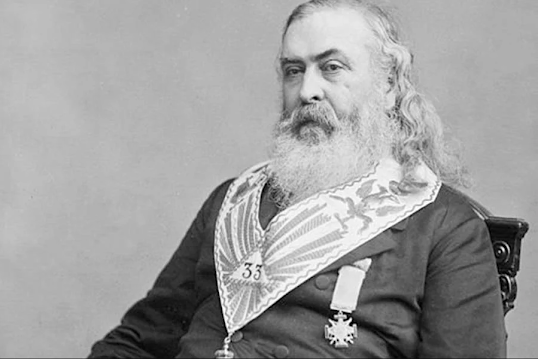The joint-stock corporation is an economic instrument which, in its modern form, was established in England—and it was here, too, that the company became unleashed from the state and began a power grab which continues to this day.
During a period of rapid commercial growth in 16th century England, the Muscovy Company was granted a charter by Queen Mary Tudor in 1555, giving it a monopoly over trade routes to Russia.
The company had recently been founded by various London merchants and its governor was Venetian explorer Sebastian Cabot.
At the time, companies needed a charter from the Crown to operate, and this licence for operations was time-limited and subject to the capricion of the King or Queen. It was not a right to form a corporation then, it was a privilege.
Chartered companies were organised as partnerships or guilds, which were owned by closed groups such as families or associations of businessmen.
But the Muscovy Company popularised what would prove a revolutionary innovation: it was able to raise enough money to finance the long journey to Russia by selling tradable shares.
“Joint-stock” companies, as they became known, was a new concept in English law.
The corporate form has existed as far back as the Roman Republic, and likely before. Despite coming to rule much of the world, the Roman Republic always had a small bureaucracy. One of the major reasons was its use of private businesses, in the form of societas publicanor.
These ancient economic instruments were recognised as an entity separate from its owners and had shares representing ownership interests.
The form developed further with the advent of modern banking with the House of Medici in Renaissance Florence, which saw the birth of what we now call a holding company.
But the modern corporation, as we understand it, really began its journey in 16th century England with Muscovy’s joint-stock model. It was not a coincidence it so decisively took off then: it proved particularly well suited to the grand voyages of the so-called Age of Discovery. (more...)
How the Modern Corporation Was Invented in England
















































